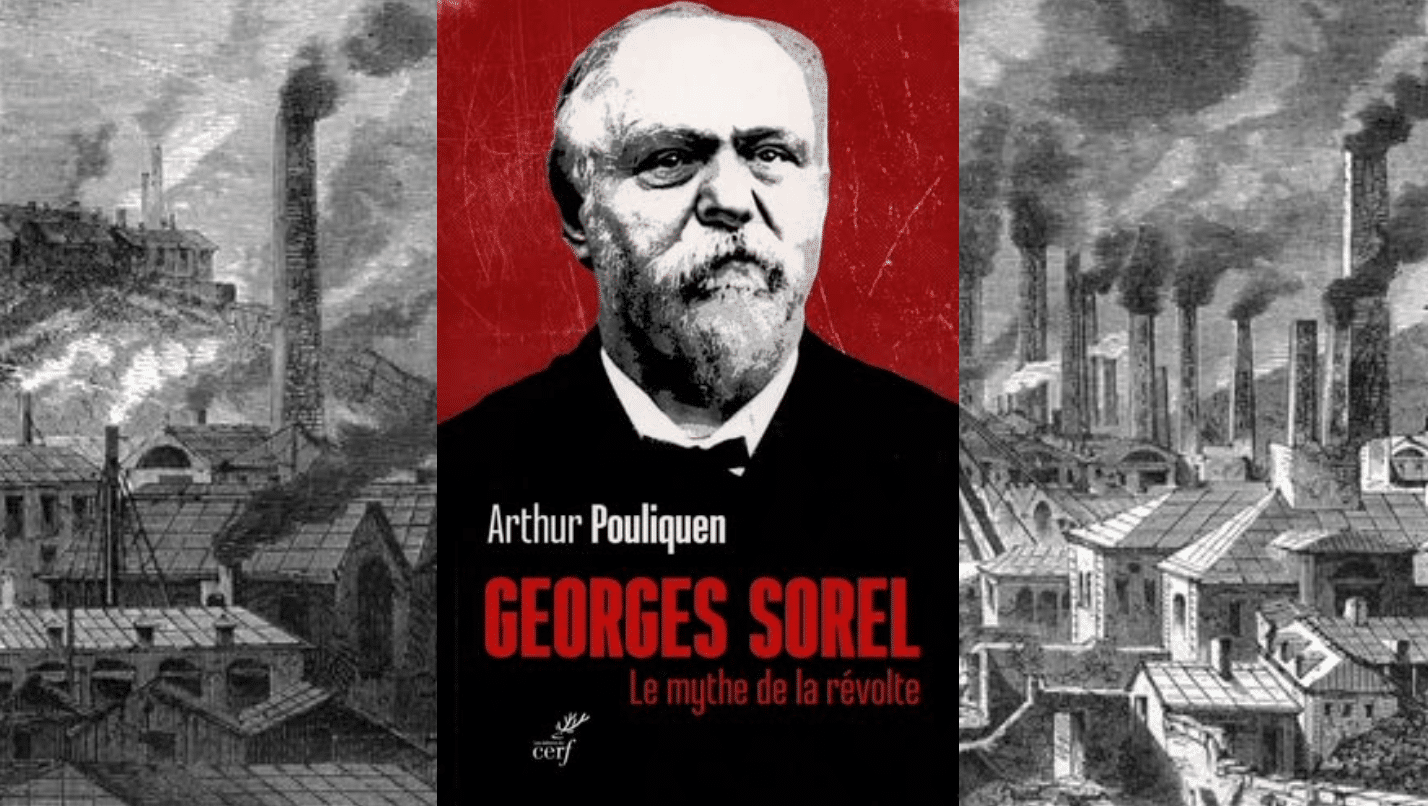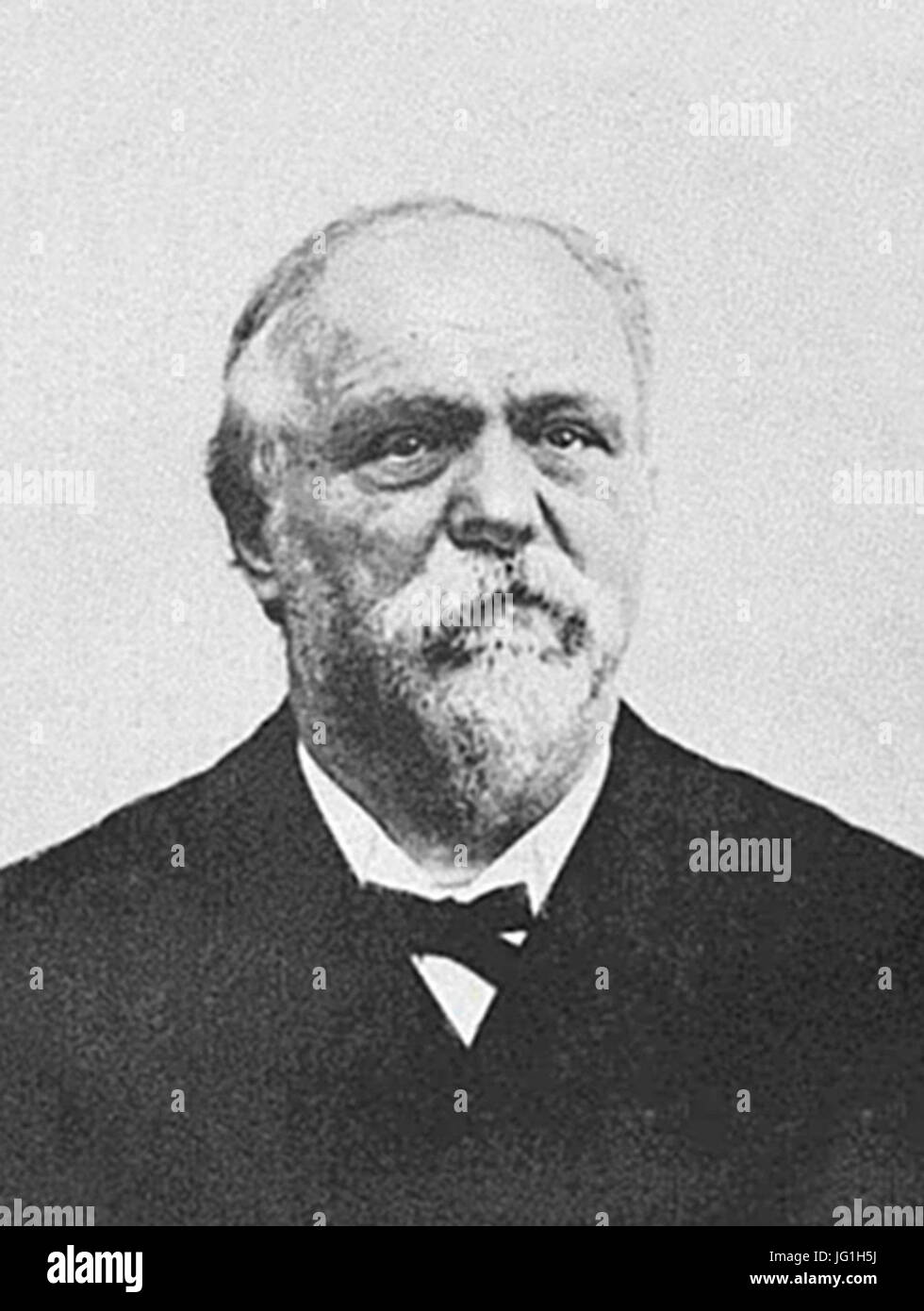
Have you ever considered the profound impact that a single intellectual can have on the trajectory of political thought? One such influential figure is **Georges Sorel**, who was born on November 2, 1847, in the coastal town of Cherbourg, France. Sorel’s groundbreaking ideas, particularly concerning the concepts of **myth** and **violence**, have ignited extensive debates and inspired various social movements throughout history. His work has positioned him as a crucial player in the realms of **socialism** and **revolutionary thought**. By examining the role of myth in shaping collective consciousness and advocating for the necessity of violence in revolutionary action, Sorel has left an indelible mark on political philosophy. His theories continue to resonate, prompting scholars and activists alike to explore the intersections of ideology, power, and social change. Through his writings, Sorel has not only influenced his contemporaries but has also paved the way for future generations to engage with the complexities of political action and belief systems.
Early Life and Education

From Engineering to Ideology
Georges Sorel was born into a middle-class family, where he initially pursued a career in civil engineering. After years of working in this field, he experienced a significant shift in his life perspective when he reached the age of 40. This pivotal moment marked the beginning of his exploration into social and economic issues that had previously been outside his professional realm. In 1892, Sorel made the bold decision to retire from his stable civil-service position, choosing instead to embark on a transformative journey filled with meditation and study. This transition not only altered the course of his career but also set the stage for his future contributions to political thought.
The Awakening to Marxism
In 1893, Sorel encountered the works of Marxism, which had a profound impact on his intellectual development. This discovery ignited a passion for analyzing and critiquing Marxist theory, leading him to produce some of his most important contributions to political philosophy. His critiques not only reflected his deep engagement with Marxist ideas but also showcased his unique perspective, which would influence future generations of thinkers. Sorel’s journey from a conventional engineering career to a prominent figure in political ideology illustrates the transformative power of intellectual exploration and the pursuit of new ideas.
The Dreyfus Affair: A Turning Point

Defending Justice
In the year 1897, Georges Sorel emerged as a fervent advocate for Alfred Dreyfus, a Jewish army officer who had been unjustly accused and convicted of treason. This case became a significant turning point in Sorel’s life, as it not only highlighted the deep-seated prejudices within society but also underscored his unwavering commitment to the principles of justice and fairness. Sorel’s passionate defense of Dreyfus revealed his profound disdain for the political machinations that sought to exploit the situation for personal or party gain. He viewed the Dreyfus Affair as a moral crisis that demanded a principled stand against injustice, regardless of the political implications.
Disillusionment with the Left
Despite his initial enthusiasm for the leftist movements, Sorel soon found himself increasingly disillusioned with the way these parties handled the Dreyfus Affair. He observed that many leftist factions were more interested in leveraging the situation for their own political advantage rather than genuinely seeking justice for Dreyfus. This realization prompted Sorel to voice his criticisms against the Socialist and Radical parties, particularly their approach to democracy. He argued that their advocacy for democracy was often a mere strategy to achieve socialism, rather than a sincere commitment to the ideals of liberty and equality. This growing discontent marked a significant shift in Sorel’s political perspective, leading him to question the integrity of the very movements he once supported.
Embracing Revolutionary Syndicalism

### What is Revolutionary Syndicalism?
Revolutionary syndicalism is a dynamic and influential movement that prioritizes the spontaneous nature of the class struggle while aligning closely with anarchist principles. This ideology emerged as a response to the limitations of traditional political structures, advocating for a more grassroots approach to social change. One of the key figures associated with this movement is Georges Sorel, who became a passionate advocate for revolutionary syndicalism. He firmly believed that genuine transformation in society could only be achieved through direct action, emphasizing the importance of workers organizing themselves to challenge the existing power dynamics.
### Reflections on Violence
In his groundbreaking work, *Réflexions sur la violence* published in 1908, Sorel delved deeply into the complex relationship between violence and revolution. He posited that violence is not merely a tool but a necessary force that serves to dismantle the prevailing social order. According to Sorel, this violent upheaval acts as a powerful catalyst for change, pushing against the entrenched status quo. He argued that the act of violence is a form of resistance that can awaken the consciousness of the oppressed, galvanizing them to rise up against their oppressors. Through his writings, Sorel sought to provoke thought and inspire action, highlighting the critical role that violence can play in the pursuit of a more just and equitable society.
Myth and Its Role in Society

The Power of Myth
Sorel proposed that myths could serve a constructive purpose in society. He believed that myths, like the idea of a general strike, could inspire and mobilize the masses. Isn’t it fascinating how stories can shape our reality?
Critique of Progress
In his work Les Illusions du progrès (1908), Sorel challenged the notion of inevitable progress, a popular belief among 18th-century philosophers. He argued that the future is shaped by human choices, not by some predetermined path.
Human Nature and Social Order

A Realistic View of Humanity
Unlike many of his contemporaries, Sorel believed that human nature is not innately good. This perspective led him to conclude that a satisfactory social order wouldn’t just evolve; it would require revolutionary action to bring it about.
Shift in Ideology
After 1909, Sorel became disenchanted with the syndicalist movement. He hesitantly aligned himself with the monarchist movement, Action Française, which sought to restore a traditional moral order. It’s interesting how ideologies can shift over time, isn’t it?
The Impact of the Russian Revolution

Support for Bolshevism
With the onset of the Russian Revolution in 1917, Sorel found himself supporting the Bolsheviks. He believed they could lead to a moral regeneration of humanity. This was a significant turn for someone who had previously critiqued the left.
Legacy and Influence

Writings Beyond Politics
Sorel’s writings spanned a wide array of topics, including the Bible, Aristotle, and the decline of Rome. His diverse interests enriched his political theories, making them more nuanced and compelling.
Key Works
| Title | Year | Significance |
|---|---|---|
| L’Avenir socialiste des syndicats | 1898 | Explores the future of socialism through syndicalism. |
| Les Illusions du progrès | 1908 | Challenges the idea of inevitable progress. |
| La Révolution dreyfusienne | 1909 | Analyzes the Dreyfus Affair and its implications. |

Georges Sorel’s ideas continue to resonate in contemporary discussions about social change and revolution. His unique perspective on the role of myth and violence challenges us to rethink how we approach societal issues. So, what do you think? Can myths still inspire action today? The legacy of Sorel invites us to explore these questions and more.

